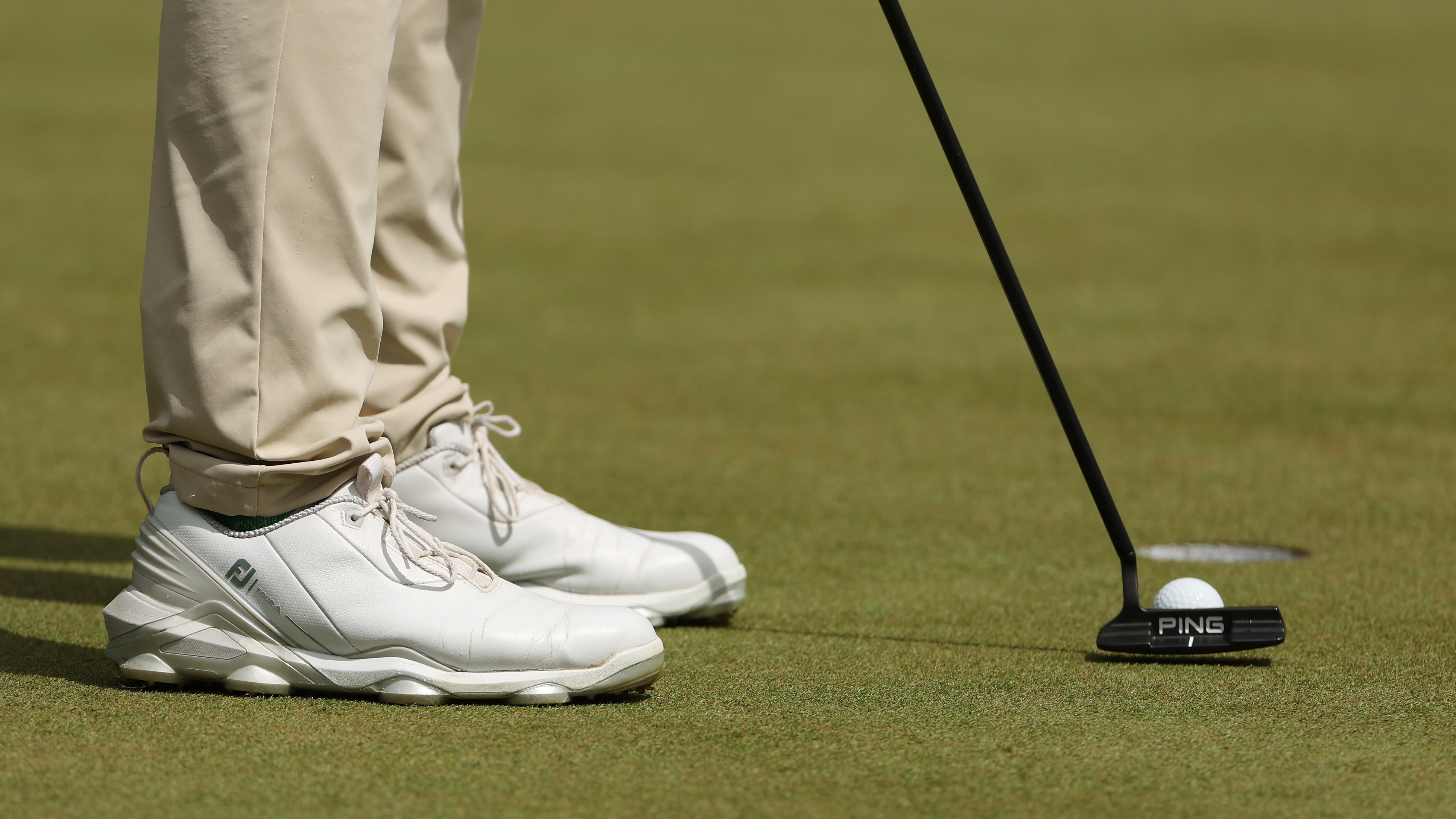Are Gimmes Allowed In Handicap Rounds?
We look at what a gimme is and whether or not you are allowed them in handicap rounds


A gimme is a short putt conceded by an opponent because it is deemed unmissable. It is still counted as a shot but the player does not actually go through the motions of playing it. The origin of the phrase is not specifically known but it is believed to have derived from the term "give me" as in, "will you give me this putt?" if asked by an opponent.
They are commonly used in recreational golf as a way to speed up play so a golfer does not have to go through the routine of playing a shot for what is already seen as a foregone conclusion. In the video below, Jezz Ellwood looks at the issue of gimmes in golf.
A person may give their opponent a gimme in match play however, they are not permitted in any other competitive format. This includes medal (stroke) play, stableford competition or any other format in which a player's handicap is calculated.
As part of the World Handicap System (WHS), England Golf states: “Under the new WHS, golfers may post a general play score from a round played in accordance with the rules of golf. Golfers should be aware that the concession of putts is not permitted when posting a general play score for handicapping purposes." Golfers must therefore complete each hole in full.
When it comes to general play, not only must golfers play the round in accordance with the rules, which includes putting out on every green, they must register their intent to do so beforehand.
“The intent to post a score must be pre-registered using either the MyEG app or in person with an official at the club where the round is being played. All scores from general play rounds must also be witnessed and verified by a playing partner who has a WHS handicap index.”
CAN I HAVE A GIMME IN A MEDAL OR STABLEFORD ROUND?
The short answer to the question, is no.
Get the Golf Monthly Newsletter
Subscribe to the Golf Monthly newsletter to stay up to date with all the latest tour news, equipment news, reviews, head-to-heads and buyer’s guides from our team of experienced experts.
If you are playing a medal, or stroke play round, you must complete each hole in full. This includes finishing each putt, regardless of its length.
The same rules apply in a stableford round however, if the putt is not worth any points, you do not have to attempt a stroke. You will be deemed to have zero points for that hole.
WHEN CAN I ACCEPT A GIMME?
The only competitive format that permits the use of a gimme is match play. A gimme must be awarded to you by your opponent before you accept it. You must not assume that a putt is conceded before your playing opponent has clearly informed you.

James joined Golf Monthly having previously written for other digital outlets. He is obsessed with all areas of the game – from tournament golf, to history, equipment, technique and travel. He is also an avid collector of memorabilia; with items from the likes of Bobby Jones, Tiger Woods, Francis Ouimet, Arnold Palmer, Lee Trevino, Adam Scott and Ernie Els. As well as writing for Golf Monthly, James’ golfing highlight is fist bumping Phil Mickelson on his way to winning the Open Championship at Muirfield in 2013. James grew up on the east coast of England and is the third generation of his golfing family. He now resides in Leeds and is a member of Cobble Hall Golf Club with a handicap index of 1.7. His favourite films are The Legend of Bagger Vance and Tin Cup.
-
 'He Wouldn't Talk To Me' - Bryson DeChambeau Reveals Rory McIlroy Dynamic During The Masters Final Round
'He Wouldn't Talk To Me' - Bryson DeChambeau Reveals Rory McIlroy Dynamic During The Masters Final RoundAfter a disappointing Sunday at The Masters, DeChambeau shared that McIlroy was so focused en route to victory that the pair barely exchanged words all day
By Jonny Leighfield Published
-
 The 5 Rules I’ve Struggled With Most In My 40 Years As A Golfer
The 5 Rules I’ve Struggled With Most In My 40 Years As A GolferThere are some Rules that are easy to accidentally break and there are others that are difficult to accept. Here are five of them.
By Fergus Bisset Published